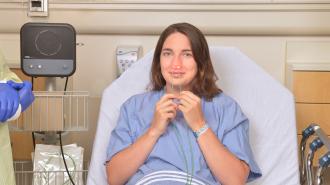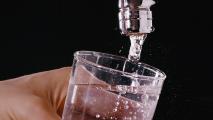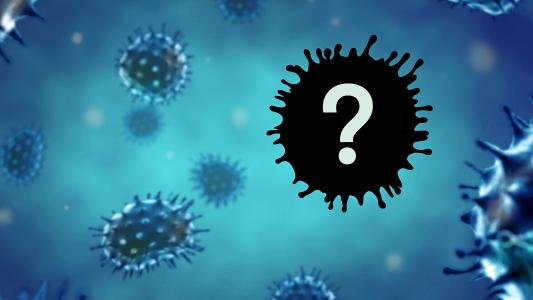It may briefly make you look like Rudolph the Red-Nosed Reindeer, but a laser-based method for helping to prevent surgical site infection could soon be saving lives in the United States.
The device, already approved in Canada and Mexico, is called Steriwave, and it uses light to disinfect your nose.
Its creator, the Vancouver-based Ondine, has released midstage results from a phase 2 trial conducted at the Memorial Health University Medical Center in Savannah, Georgia, this past December, Bloomberg reported.
Surgical site infections are typically caused by bacteria already living with you which were previously not posing a problem.
Those midstage results are promising. According to the company, 86% of surgical patients treated with Steriwave had levels of Staphylococcus aureus in their noses “significantly decreased” or “eliminated,” and those patients had a surgical site infection rate of 0.6%, much lower than the US average of 3%.
S. aureus is the bacteria behind staph infections — including its infamous superbug form, MRSA — and a leading cause of surgical site infection.
Complications: Of all surgery patients, an estimated 0.5% to 3% will experience surgical site infection or an infection adjacent to the surgical site, and those infected are hospitalized 7 to 11 days longer, according to a recent review in JAMA.
While current numbers can be hard to pin down due to increasing rates of outpatient surgeries — where patients have their procedure and go home the same day — CDC data from 2018 estimated that 11% of all deaths in the ICU were associated with surgical site infection, and these are a leading cause of hospital-acquired infections.
And, much as in a scary movie, the call could very well be coming from inside the house. Surgical infections are typically caused by your own bacteria — microbes that usually live on you or inside you, without causing trouble. But when they make their way to a surgical site, they can multiply out of control, causing serious disease.
Multiple strategies can reduce the risk of surgical site infection, including six with clinical evidence backing them up, according to the JAMA review. Those are: avoiding using razors for hair removal near the site, disinfecting the skin, keeping the body at its regular temperature, negative pressure wound therapy, and eliminating Staph from the nostrils pre-surgery.
This is known as “decolonization.” Bacteria like Staph often set up shop — especially in your nostrils — in colonies, not causing any trouble. But those colonies can also be a reservoir of potentially pathogenic bacteria, which, when they find the open wound of a surgical site, could cause infection.
One way to prevent surgical site infections is to “decolonize” bacteria from the nose before surgery — in this case with light, not antibiotics.
Laser-focused: Ondine’s decolonization method does not depend on antibiotics, instead harnessing the power of light, called photodisinfection.
Patients first apply a solution — it’s blue, Bloomberg reported — to the inside of the nose. The solution is positively charged, and it binds to the cell walls of bacteria, which are negatively charged. A cable is placed in the nose, which emits a laser tuned to a specific frequency.
The solution, stuck onto the microbes, reacts to the light frequency, producing what is known as singlet oxygen. These molecules knock down the cell walls like Jericho, killing the bacteria. A key benefit of this mechanical method of death: there’s no antibiotics to become resistant to.
Sterilwave has been in use at Vancouver General Hospital in British Columbia, where it is credited with lowering the risk of surgical site infection at the hospital by 47% on average, across numerous types of surgery, Bloomberg reported. (The Vancouver study looked at 6,000 patients and was run by Ondine.)
In addition to pursuing FDA approval for use in the US, Ondine is in talks to run pilot programs in the UK and has gotten government funding to create a photodisinfection system for the Canadian meatpacking industry, per Bloomberg.
We’d love to hear from you! If you have a comment about this article or if you have a tip for a future Freethink story, please email us at [email protected].






